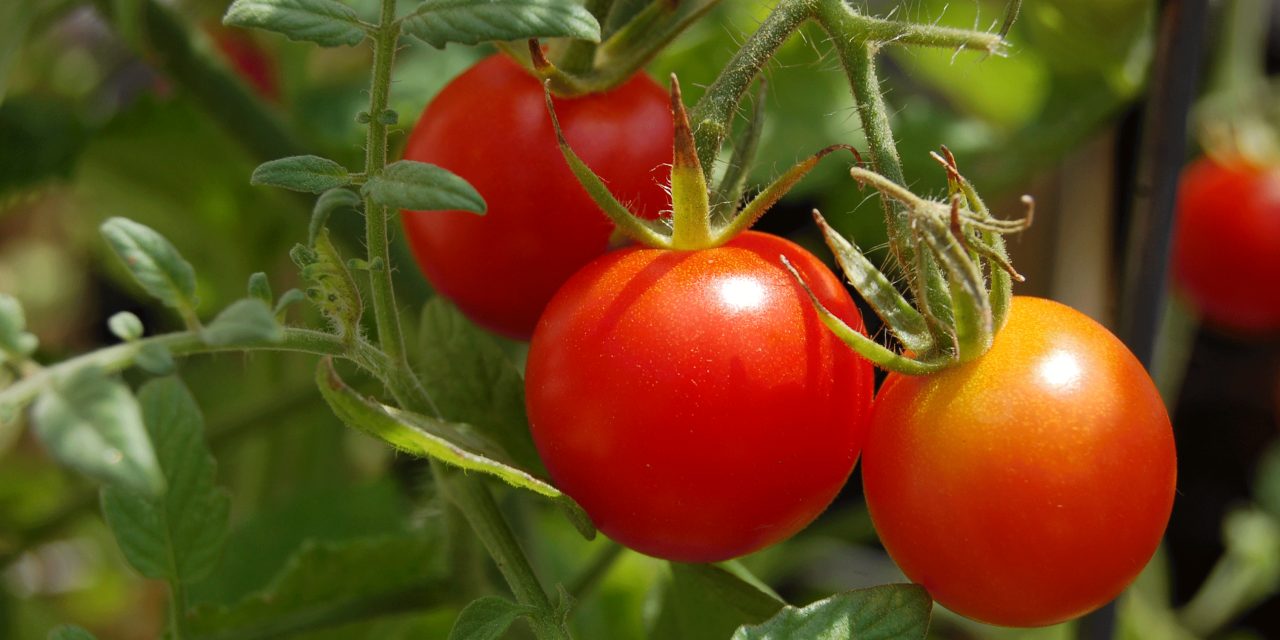Do Tomatoes Decrease Your Risk for Prostate Cancer?

Scientists are looking for the answer to this question: Do tomatoes decrease your risk for prostate cancer? So far, studies suggest the answer is “yes.”
About one in nine American men will be diagnosed with prostate cancer in his lifetime, according to the American Cancer Society. In fact, prostate cancer is so common, you will probably eventually know at least one man who has been diagnosed with the disease.
While treatments for the malignancy are often effective, it’s always best to try to prevent cancer the first place. And research suggests one strategy to help lower the odds of developing prostate cancer is simple ― eat a diet rich in tomatoes and tomato products.
If you ask, “do tomatoes decrease your risk for prostate cancer,” nobody can definitely say “yes.” However, research into tomato-rich diets and the health benefits of lycopene, a phytonutrient found in abundance in tomatoes, gives credence to the idea tomatoes have prostate cancer prevention properties.
YOU MIGHT ALSO LIKE: Can Diet Help Fight Prostate Cancer?
Potential prostate cancer protection from tomatoes
It’s not only the U.S. where there’s a high rate of prostate cancer. There are almost 35,000 new cases of the disease every year in the UK, according to BBC news. And because it’s long been established that there’s more prostate cancer in developed countries, some researchers have suggested a Western diet, and possibly other lifestyle factors, could be the reason.
Pursuing this idea, a team of UK researchers from the Universities of Bristol, Cambridge, and Oxford studied the diets of 1,806 men, all between the ages of 50 and 69, who were diagnosed with prostate cancer. Then they compared what the men with prostate cancer ate regularly to the diets of 12,005 men about the same age who did not have the disease.
The results produced a prostate cancer “dietary index” of foods and nutrients strongly linked to the diets of men who were cancer-free. And tomatoes, the juicy red fruit often thought of as a vegetable, along with products made from them, like tomato juice and pasta sauce, were at the top of the list.
In fact, men who ate more than 10 portions of tomatoes or dishes containing them weekly had an almost 20 percent decreased risk of prostate cancer.
"Our findings suggest that tomatoes may be important in prostate cancer prevention," said researcher Vanessa Er, PhD, a public health expert at Bristol University.
More research links tomatoes to prostate cancer prevention
The American Cancer Society points out several studies show diets high in certain vegetables, especially tomatoes and cruciferous vegetables like broccoli and cauliflower, are associated with a lower risk of prostate cancer, especially more advanced cancers.
When it comes to answering the question “do tomatoes decrease your risk for prostate cancer and, if so, how,” scientists are studying the role lycopene plays in cancer prevention. The National Cancer Institute explains lycopene is a phytochemical that gives many fruits and vegetables their color, and most of the lycopene consumed in the U.S. is from tomatoes and tomato-based products.
In laboratory tests, University of Illinois researchers found lycopene inhibited the proliferation of prostate cancer cells. And if men do develop prostate cancer, the NCI points out several studies examining the effect of lycopene blood levels on the risk of high-grade prostate cancer (cancer in which cells tend to grow and spread) found men with high plasma levels of lycopene at diagnosis had a reduced risk of having high-grade cancer ― the most serious form of prostate cancer.
What’s more, University of California research found men with high levels of lycopene in their bodies were more likely to develop low-grade disease if they did have prostate cancer ― suggesting lycopene might halt the malignancy from progressing soon after prostate cancer develops.
We can’t emphasize this enough: Take control of prostate health
So, do tomatoes decrease your risk for prostate cancer for sure? There’s no absolute “yes” answer to the question. After all, individual risk factors vary, and scientists are working to find out exactly how tomatoes and the lycopene they contain can impact disease risk.
But one thing is certain: Taking control of your health with regular check-ups, avoiding smoking, keeping weight in check, and eating a healthy diet rich in tomatoes and tomato-containing foods and dishes are important ways to help lower the odds you’ll develop cancer and other serious diseases, too.
Updated:
October 28, 2019
Reviewed By:
Janet O’Dell RN